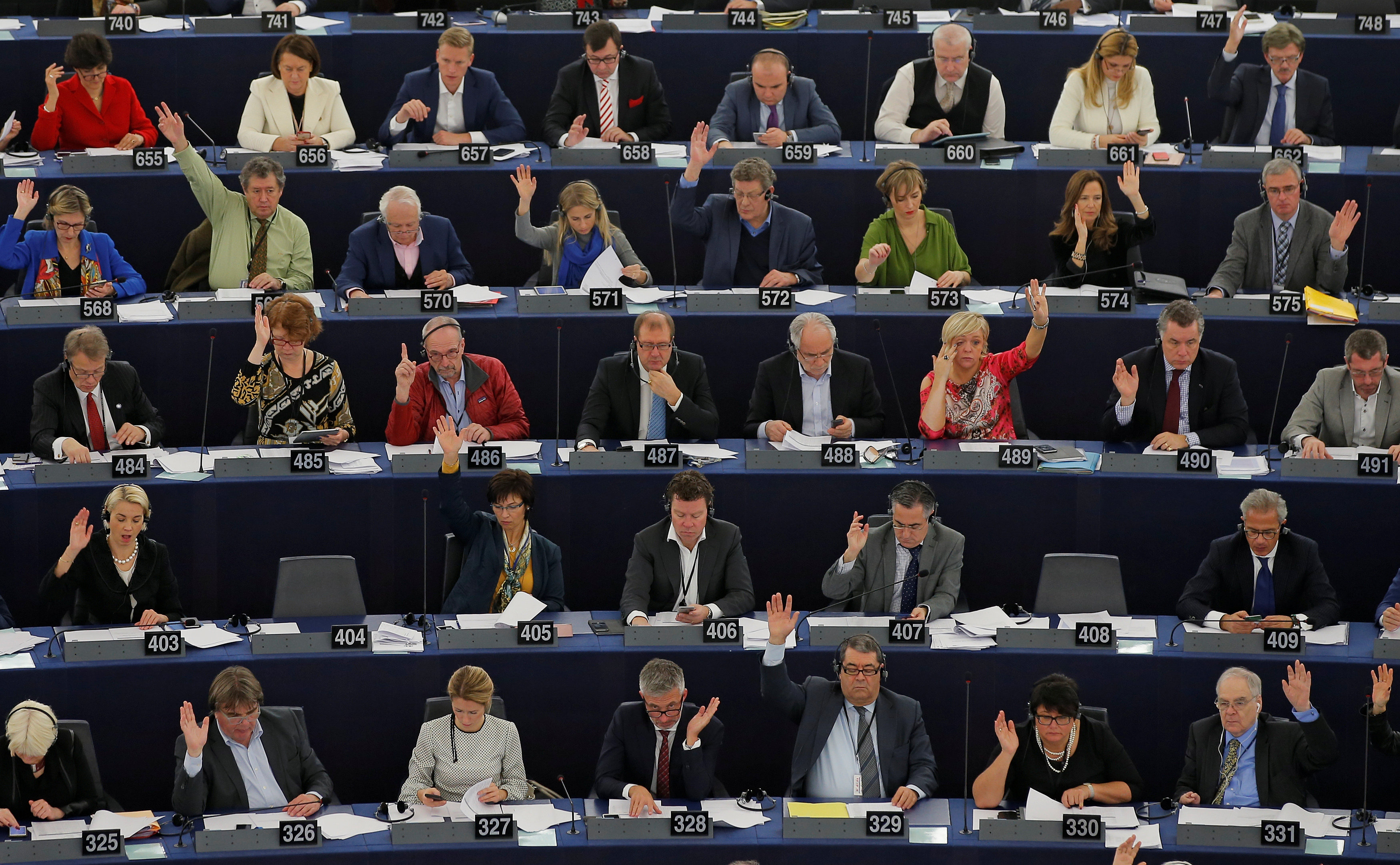Euro parliament in row over Arctic environment rules

Members of the European Parliament are at loggerheads over whether to demand that firms seeking to sell products from the Arctic to Europeans should be required to meet specific environmental standards.
The disagreement must be cleared up by members of the European Parliament’s environmental and foreign-policy committees before all of the legislature’s 751 members can vote on whether to adopt a resolution stating its position on the region.
The draft of the resolution currently being discussed by the two committees calls for the establishment of an environmental-impact assessment that companies would be required to submit to Brussels before they would be permitted to sell products from the region in the EU.
Supporters of the measure argue the requirement will limit the environmental, social and cultural consequences of development on the most vulnerable parts of the Arctic, including the Arctic Ocean.
Brushing aside criticism of the proposal, Bodil Valero, an MEP from Sweden, pointed out that the EU already requires companies working on EU-related projects in other areas to live up to similar rules. She also sought to reassure skeptics by noting that, because conditions throughout the Arctic varied, the requirements would also vary.
“There shouldn’t be any problems with (it),” she said.
Detractors say they prefer to see regulations of this sort left in the hands of countries where activities are being carried out.
Anneli Jäätteenmäki, an MEP from Finland, also expressed concern that an Arctic-wide requirement could harm small operations already doing business in the region.
“If we accept this, I am sure that big companies outside the Arctic can come and sell their products, and the people who live there, who have very small companies, who don’t have these kinds of resources needed to complete an impact assessment or to pay someone to do it will get shoved aside. This shouldn’t be the intention,” Jäätteenmäki said.
The European Parliament’s efforts to draw up a resolution comes after the European Commission, the EU’s executive arm, in April adopted a strategy aimed at guiding union policy toward the region.
The two committees welcome the efforts of the commission to draw up a single Arctic policy, but they also criticize the commission’s strategy for focusing solely on commercial and environmental issues. Including the foreign-policy committee in parliament’s drafting process underscored parliament’s position that the EU needs better coordination between internal and external policies toward the region.
This is particularly true when it comes to relations with Russia, MEPs speaking today agreed, as they called on Brussels to continue to work with Moscow to make progress on issues of common concern.
Members of the two committees also agree that the EU has what Michael Gahler, of Germany, described as “legitimate interests” in region. Even so, he cautioned against overstating the role Brussels has to play.
“We should not try to impose demands and expectations as if this region were our territory,” Gahler said.
Instead, he suggested that Brussels should try to achieve its goals in the region by working through the EU’s Arctic Council members (Denmark, Finland and Sweden) while also continuing to seek influence through the union’s own observer status.
The two committees will meet a final time on Jan. 31 in order to approve the version of the resolution that the full parliament will vote on later that week.